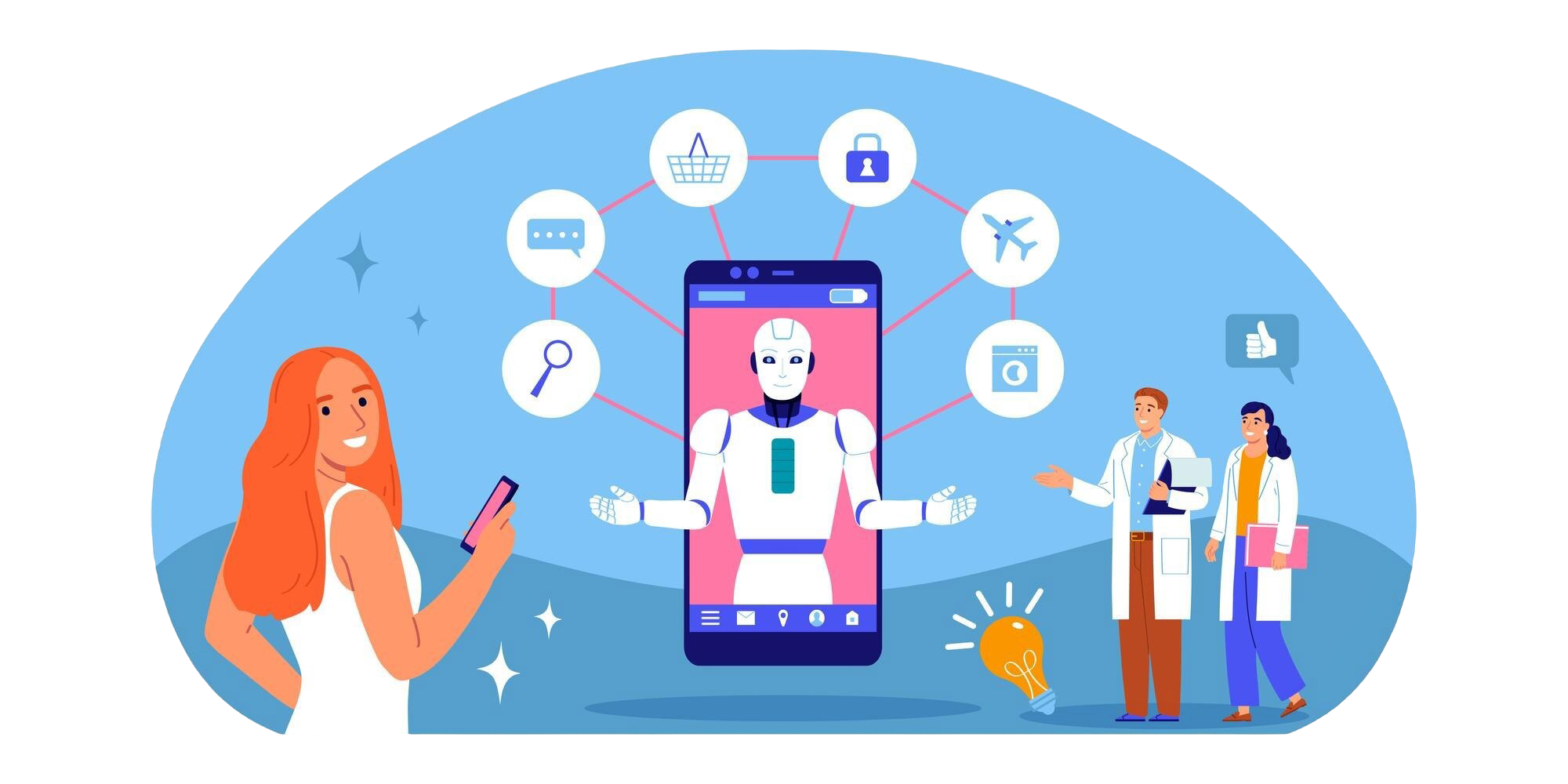
3 minute read
How Healthcare App Testing Services Ensure Scalability and Stability

The need for dependable and scalable healthcare app testing services has increased dramatically in the rapidly changing field of healthcare technology. These apps are essential for enhancing patient care, facilitating telemedicine, and simplifying the administration of medical data. However, thorough testing is required due to the intricacy of integrating these apps with other systems and managing changing user expectations. In order to guarantee scalability and stability—two factors that are critical for providing continuous and effective performance—healthcare app testing services are necessary.
The Importance of Scalability in Healthcare Apps
The capacity of a program to accommodate growing workloads, user traffic, or data volumes without sacrificing performance is known as scalability. Scalability is essential for healthcare apps due to the erratic surges in user activity. For example, thousands of patients may access medical record portals or telehealth platforms at the same time during public health emergencies. These high-demand scenarios are simulated by healthcare app testing services to evaluate the app's performance under duress. These services guarantee that the application can scale up to satisfy user needs while preserving optimal functionality by locating performance bottlenecks.
Stability: The Backbone of Reliable Healthcare Apps
Because even small errors in healthcare apps can have serious repercussions, such data loss, erroneous health measurements, or disrupted connection with healthcare professionals, stability is equally important. Stress and load testing are used by healthcare app testing services to confirm the app's dependability in a variety of scenarios. In order to ensure smooth functioning in real-world scenarios, these services assess how well the application bounces back from unforeseen errors like server breakdowns or network outages.
Testing for Seamless Integration with Health Devices
Integration with medical devices like heart rate sensors, glucose monitors, and fitness trackers is a common feature of healthcare apps. Testing services verify the app's capacity to manage continuous data streams from numerous devices at once, ensuring that these integrations are scalable and stable. To provide precise and continuous health monitoring, this entails testing APIs, data synchronization, and real-time functionality.
Security and Compliance in Scalability and Stability
Scalability and stability are closely linked to data security and compliance, especially in healthcare where apps handle sensitive patient information. Healthcare app testing services incorporate security testing to ensure that the app complies with regulations like HIPAA and GDPR even as it scales. They assess encryption protocols, data transfer methods, and user authentication processes to maintain security across all levels of operation.
Enhancing User Experience
The ultimate goal of healthcare app testing services is to provide users with a seamless and satisfying experience. Usability testing ensures that the app remains intuitive and responsive, even under heavy loads or during prolonged usage. A stable and scalable app improves user confidence, fostering trust in its ability to deliver critical healthcare services without interruptions.
Conclusion
Healthcare app testing services are indispensable for ensuring the scalability and stability of healthcare applications. By simulating real-world scenarios, identifying weaknesses, and validating performance under various conditions, these services enable apps to handle dynamic demands with ease. For healthcare providers and patients alike, this ensures reliable, secure, and efficient technology that meets the high stakes of modern healthcare.










